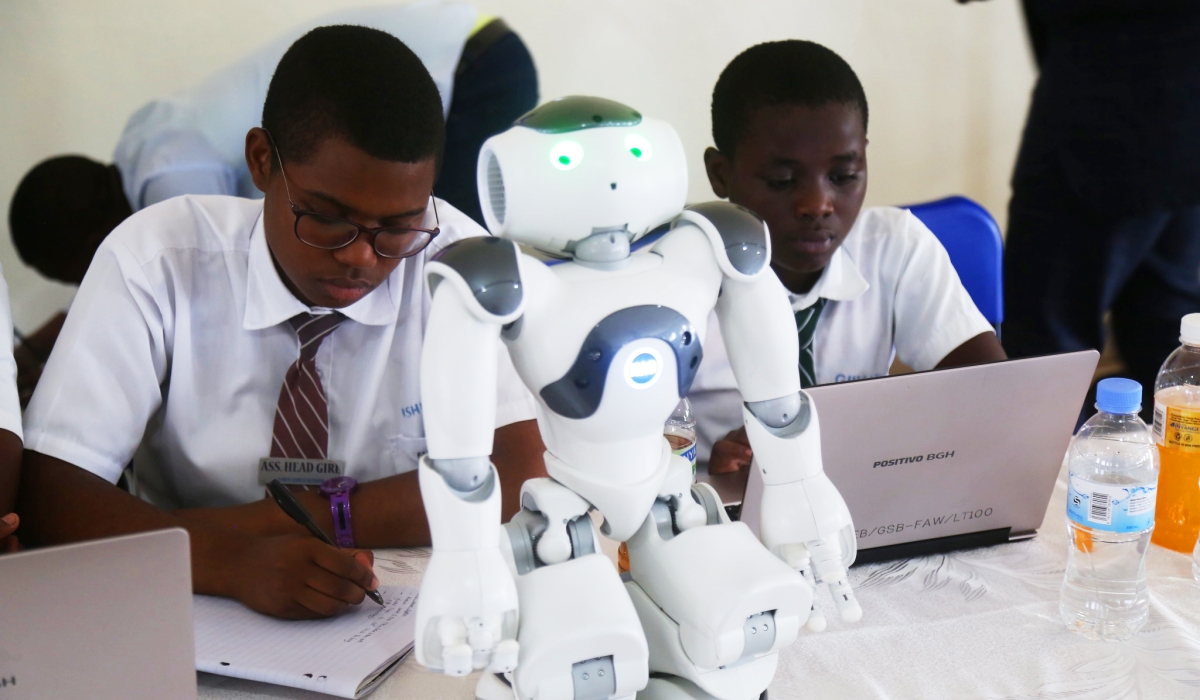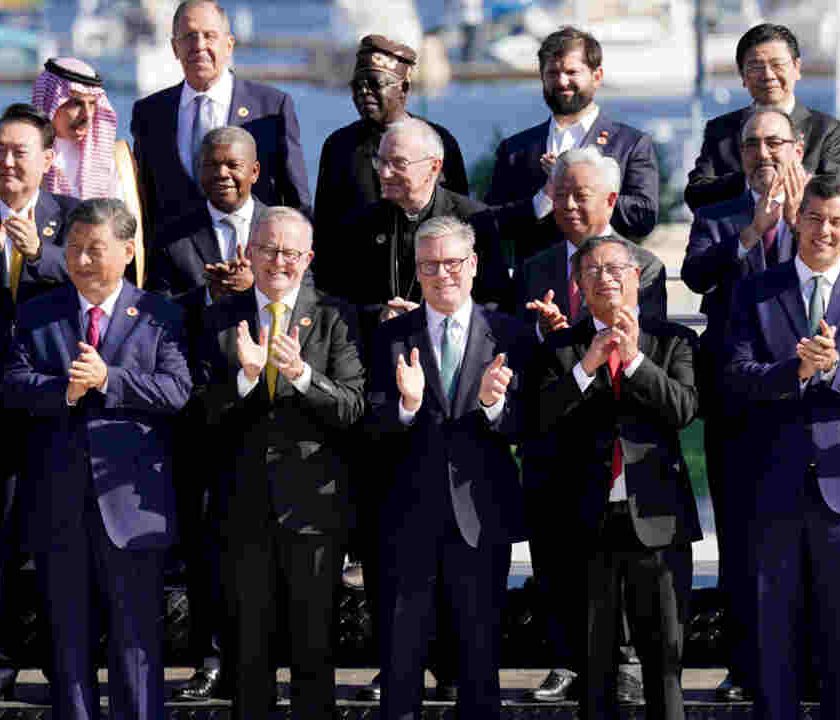However, officials and experts say that further efforts are necessary to bridge the gender gap in tertiary education and research.
Data from the Ministry of Education’s Statistical Yearbook for the academic year 2021/2022 indicates that the percentage of female students enrolled in STEM fields is 57.4 per cent of the total student population, while their male counterparts account for 42.5 per cent of students.
Transitioning to higher education, the gender disparity persists, with male students constituting 63.6 per cent of the total STEM student population, as opposed to 36.4 per cent for female students.
The disparity observed in both public and private institutions underscores the importance of encouraging female students to enroll in STEM subjects at higher education levels, said Belancille Nyirajyambere, Chairperson of the National Women’s Council, during an episode of RTV’s show, Dusangire Ijambo, which aired on February 11.
The discussion was part of the celebration of International Day of Women and Girls in Science, an annual observance that aims to promote the full and equal access and participation of women in STEM fields.
Nyirajyambere stated that for the past three decades, the government has promoted gender equality in STEM by implementing inclusive policies and curricula, which have helped to challenge stereotypes and empower girls to pursue the fields.
“The current emphasis lies in exploring avenues to further empower women and girls to enhance their capabilities,” she said. “It is imperative for Rwandan families to instill a passion for science in their daughters, highlighting the roles they can undertake in Rwanda’s pursuit of a knowledge-based economy.”
The Rwanda National Research and Experimental Development (R&D) Survey report for 2018/2019 published by the National Council for Science and Technology (NCST) in November 2021 indicates that, of the 3,411 R&D personnel across all sectors, females accounted for 35.73 per cent. Likewise, the number of qualified female researchers was 30.4 per cent.
Eugene Mutimura, the Executive Secretary of NCST, recognises the necessity of collaborative efforts to champion and empower women and girls in the fields of STEM.
Addressing the root cause of the gender gap, he emphasised its historical origins, citing how societal stereotypes discouraged women from pursuing STEM fields, and consequently, women lacked the confidence to see themselves as belonging in the domains, and social support was insufficient to help them break through the barriers.
“There was a crucial need to instill in them the belief that they are capable,” he remarked. “Today, observing projects of women in STEM and hearing their explanations reveals their potential and ambitious aspirations. They possess the ability, and the nation stands ready to afford them equal opportunities alongside their male counterparts.”
Every year, NCST awards women and girls in STEM, providing role models for younger girls aspiring to enter the fields. Since 2018, when Rwanda began celebrating the International Day of Women and Girls in Science, the institution has granted up to Rwf 64 million in awards.
This year, awards were presented in three categories: the Female Science Leadership Award (Rwf 8 million) was given to Dr. Sylvie Mucyo, the Female Researcher Award (Rwf 6.5 million) was to Dr. Bellancile Uzayisenga, and the Female Rising Star Award (Rwf 5 million) was granted to Dr. Marie Sagesse Uwurukundo.
“Our award project mandates that a portion of the funding be allocated to a research initiative, with a requirement that a minimum of 30 percent of the research team comprise women. At the national level, leaders must recognise that efforts to advance science and research must actively involve women and girls, providing them with opportunities to empower themselves and their peers,” said Mutimura.
Sylvie Mucyo, the Vice Chancellor of Rwanda Polytechnic (RP), noted that while women comprised only 13 percent of students in IPRCs in 2016, the figure has risen to 30 per cent this year, with only 20.1 per cent of students in STEM fields.
She emphasised the ongoing need for further progress to bridge the gender gap, aiming for a target of 50 per cent representation to align with the larger population of women in Rwanda.
Mucyo underscored the importance of addressing barriers such as lack of self-confidence among women and limited opportunities, particularly for those balancing familial responsibilities with academic pursuits.
She outlined plans to expand educational offerings, including Bachelor’s and Masters programmes at RP, to provide women with enhanced opportunities for tertiary education and professional advancement.
Jennifer Batamuliza, the Head of the Data Science Incubation Hub and Lecturer at the University of Rwanda acknowledged the challenges in achieving gender parity in STEM fields, but highlighted progress in increasing female participation.
She cited the Rwandan Association for Women in Science and Engineering (RAWISE) as a key driver of change, noting its efforts to mobilize girls in schools and support women pursuing careers in STEM through skills development and research opportunities.
“Since 2015, there has been an increase from 25 to 200 RAWISE members, including 40 PhD holders,” she said.
Batamuliza noted that while funding is available, there remains a shortage of female researchers applying for it, stressing the importance of building the capacity of women in research and encouraging them to proactively seek funding opportunities to further their scientific endeavors.
SOURCE: TNT






